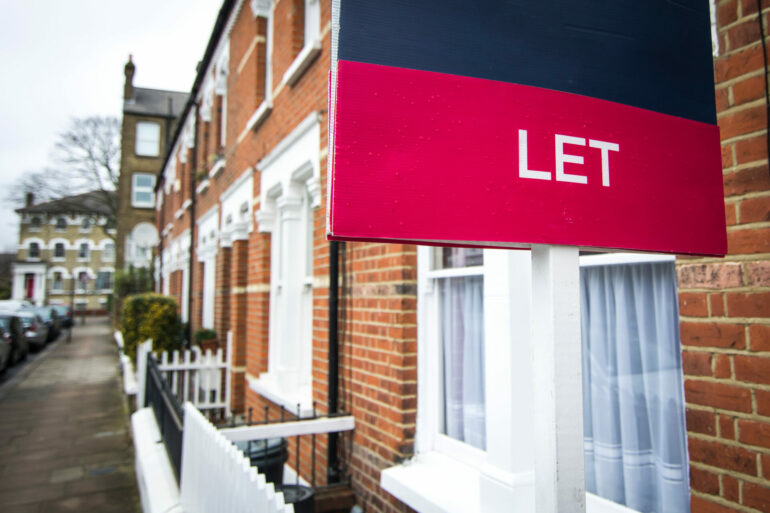New research from the University of Essex, in collaboration with the University of Adelaide, suggests that private renting and exposure to pollution are associated with faster “biological ageing.” The research, led by Professor Meena Kumari, Dr Amy Clair, and Professor Emma Baker, was published in the Journal of Epidemiology & Community Health.
The study found that the rate of biological ageing for individuals who rent privately is almost double that of those who are out of work. The research used epigenetic data and social survey data, along with DNA methylation markers, to reach these conclusions.
“Our results suggest that challenging housing circumstances negatively affect health through faster biological ageing,” said the researchers. “However, biological ageing is reversible, highlighting the significant potential for housing policy changes to improve health.”
The study also notes that the impact of living in privately rented homes is 50% greater than having been a former smoker compared to never having smoked. Furthermore, the analysis revealed that repeated housing arrears and exposure to pollution are also factors that contribute to accelerated biological ageing.
While acknowledging some limitations, such as the focus on white, European respondents, the study concludes that their findings have broad relevance, particularly for countries with similar housing policies. “What it means to be a private renter is not set in stone but dependent on policy decisions,” the researchers added.
The study calls for tenant-friendly policies such as ending ‘no-fault’ evictions, limiting rent increases, and improving housing conditions, as ways to counteract the negative health impacts associated with private renting.
Dan Wilson Craw, deputy chief executive of Generation Rent, responded to the study by emphasising the health implications of housing. “Our home is so important to our health. Uncertainty about how long we can live somewhere is stressful, while disrepair and damp conditions make us physically ill.
“Private renters, who face the threat of arbitrary eviction and live in the worst quality housing, are particularly vulnerable to poor health as a result. As more older people have no option but to rent, policymakers need to act urgently.”
Wilson Craw also pointed to potential legislative solutions. “The Government has a huge opportunity to improve renters’ health by passing the Renters (Reform) Bill, which will stop landlords evicting tenants without providing a reason, and make it easier to hold landlords accountable for the quality of their homes.”



